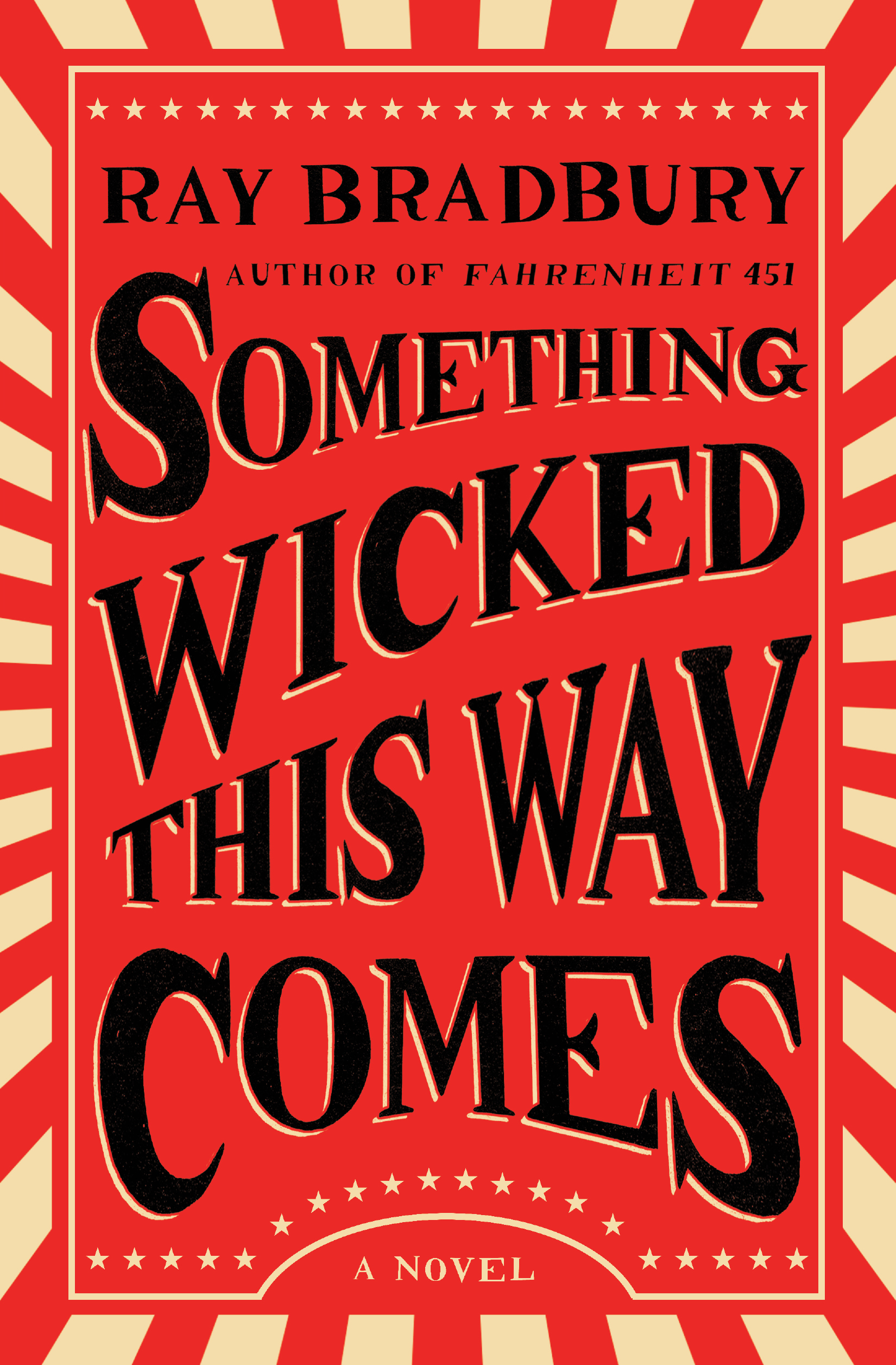Chapter 37
byChapter 37 opens with the sound of a town clock striking, signaling the passage of time as Charles Halloway sits at a table in the library. Under the soft glow of a green-shaded lamp, he hunches over the books he has spread out in front of him, carefully arranging them with a sense of urgency. His movements are deliberate, and his whispers to himself echo through the silent library, as if the act of organizing the books is a way of coping with the storm of thoughts rushing through his mind. Throughout the day, Charles had felt an increasing unease—his time spent among the carnival crowds had left him feeling deeply unsettled. He had been forced to evade the dark figures lurking in the corners of his world, all while his thoughts kept returning to Jim and Will, two boys he feared were already entangled in the sinister forces of the carnival. His mind races with a gnawing sense of dread, aware that whatever path the boys are walking, it leads them deeper into a web of danger and uncertainty.
As he immerses himself in the library’s quiet, Halloway finds solace in the sanctuary it provides, though it feels more like a temporary escape from the chaos outside. The library, with its towering shelves of ancient books, offers a comforting sense of control, a place where he can mentally process the frightening reality that surrounds him. Each book he arranges on the table represents a different facet of the fear and temptation he perceives in the world around him. Works like Dr. Faustus and The Torments of the Damned stand as symbols of the darkness that Halloway believes may consume the lives of the boys. These books act as metaphors for the sinister choices the boys face, with each one representing a path that could lead to either salvation or damnation. Halloway is reminded of the fragile nature of the human condition, where temptation can easily steer individuals away from their true moral compass. As he contemplates the books, the library becomes more than just a quiet place to read—it becomes a reflection of the spiritual and psychological battles raging within him.
While flipping through a book on physiognomy, Halloway finds himself questioning the nature of Jim and Will’s souls. Are they truly innocent, or have they already glimpsed the horrors that lie beyond the veil of innocence? He is confronted by the troubling idea that the carnival’s grotesque inhabitants are not so much monsters as they are reflections of humanity’s darker side, distorted versions of the same weaknesses and vices that exist in everyone. Halloway wrestles with the idea that appearances can be deceiving, and that perhaps judgment should not be based solely on external characteristics. If he were to judge the carnival’s inhabitants solely on their outward appearance, he realizes that even they might be no different from the countless others in society who hide their darker tendencies beneath a facade of normality. This internal conflict leaves him in a state of moral confusion, grappling with the complexities of good and evil. The more he reflects, the more he understands that the lines between the two are not as clear as they might seem, and that everyone, even the carnival’s most monstrous figures, has a story that cannot be easily understood at face value.
Charles’s feelings of dread intensify as he recalls a line from Shakespeare: “By the pricking of my thumbs, something wicked this way comes.” This phrase resonates deeply with him, as it perfectly encapsulates the weight of his fears. He understands that the evil that has descended upon the town is no mere illusion—it is real, and it is drawing closer. The carnival, with all its strange and terrifying wonders, is not just a fleeting threat but an embodiment of a deeper darkness that preys on human souls. Halloway’s mind becomes consumed with the thought that he cannot escape this looming danger; it is a presence that will not be ignored. The realization that he must confront this evil head-on in order to protect Jim and Will fills him with a profound sense of responsibility. He longs for their return, but at the same time, he fears that they may already be lost to the forces that seek to consume them. The weight of the situation leaves him feeling helpless, as he gazes out into the night, unsure of how to proceed in the face of such overwhelming darkness.
This chapter brings into focus the central themes of fear, judgment, and the complexities of morality. Halloway’s internal struggle reflects the larger conflict that runs throughout the story—the battle between light and dark, good and evil, and the choices that define one’s character. The library, as a place of contemplation, becomes a metaphor for the choices that must be made and the consequences of those choices. The deeper Halloway delves into the books, the more he realizes that his role is not simply to protect the boys physically but also to help them navigate the complex moral terrain they are about to face. The carnival is not just an external threat, but a mirror of the internal battles everyone must confront—fears, regrets, and the ever-present temptation to stray from the path of righteousness. This realization strengthens Halloway’s resolve, as he recognizes that the only way to save the boys is to confront the darkness, not only outside them but within their own hearts as well.

